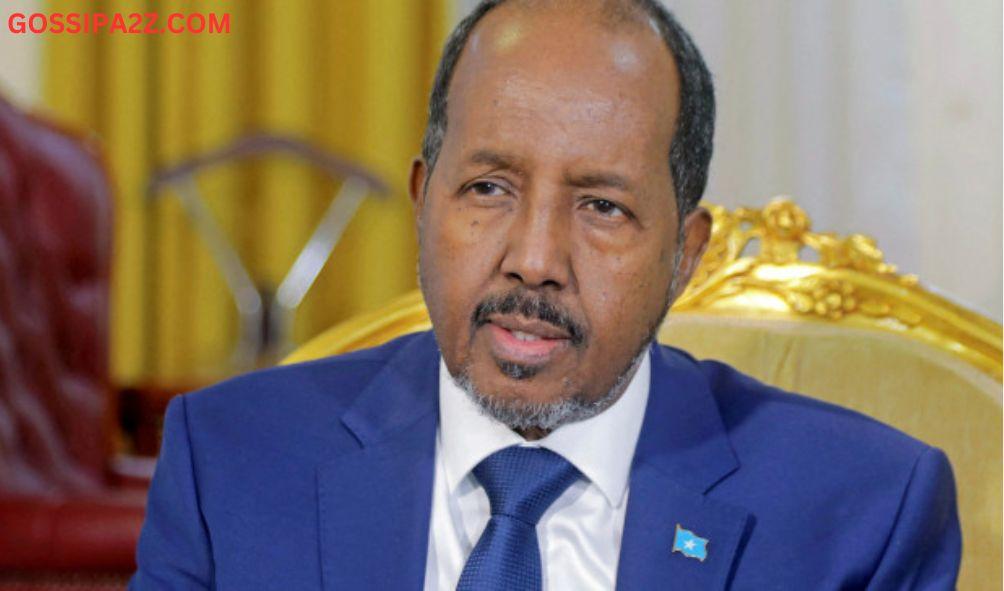Somalia’s Puntland Refuses to Recognise Federal Government After Disputed Constitutional Changes
Puntland, a semi-autonomous region within Somalia, has declared its withdrawal from the country’s federal system, opting to govern itself independently until constitutional amendments, sanctioned by the central government, undergo ratification via a nationwide referendum.
The decision comes in response to the recent approval by the federal parliament in Mogadishu of various constitutional modifications aimed at fostering a more stable political environment.
These alterations, endorsed by the government, seek to implement direct presidential elections and grant the president unilateral authority to appoint a prime minister, bypassing the need for parliamentary consent.
Critics argue that such revisions disproportionately consolidate power within the executive branch, diminishing checks and balances within the governmental framework.
ALSO READ:
- Former Deputy President Rigathi Gachagua Reveals the Truth Behind His Impeachment
- Guatemalan and Salvadoran Troops Land for Haiti Mission
- Puzzle as Woman Is Found Dead in Mysterious Circumstances Close to Her Home
- Cross-Border Attack: Nigerian Gunmen Kill 5 Cameroonian Soldiers in Retaliation
- The Late KNCHR Chairperson Roseline Odede’s Illustrious Career, Awards & Legacy
Expressing its stance, Puntland’s council of ministers stated on March 31, affirming their intent to assert autonomous governance until a federal administration, operating under a constitution ratified through a referendum inclusive of Puntland’s participation, is established.
This decision further compounds the challenges confronting President Hassan Sheikh Mohamud, who is already grappling with multiple crises, including combating an insurgency affiliated with al Qaeda, quelling a resurgence in piracy, and asserting federal control over the breakaway territory of Somaliland following its agreement to lease a port to Ethiopia.
The rift between Puntland and the central government underscores the complexities inherent in Somalia’s quest for stability and unity, as various regions navigate competing interests and visions for governance.
In the absence of a consensus on constitutional matters, tensions persist, posing significant obstacles to the realization of a cohesive and functional federal state.
Somalia’s Puntland Refuses to Recognise Federal Government After Disputed Constitutional Changes
